Why You Suddenly Hate Your Job (And What to Do Next)
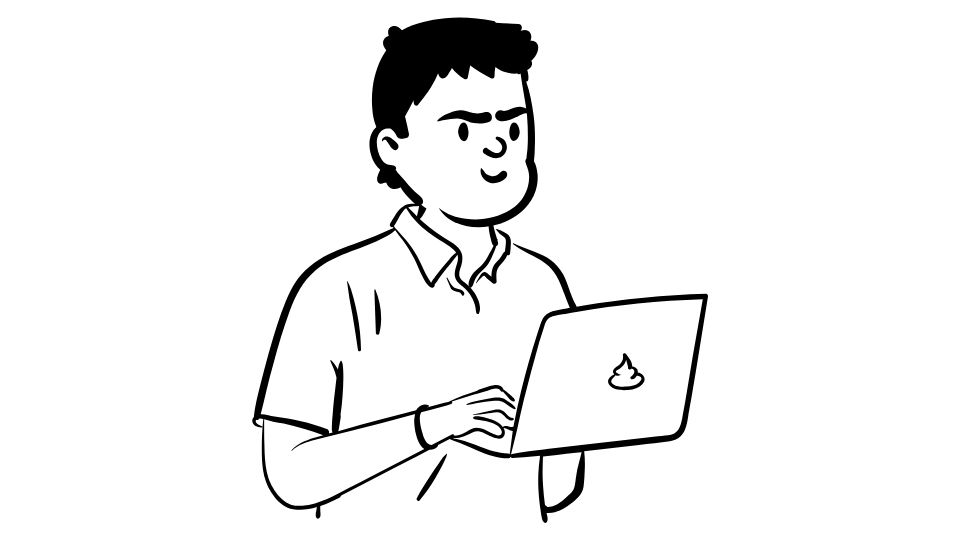
Ever wake up one day and realize you suddenly hate your job?
That feeling of dread in your stomach as you get ready for work the way your mood instantly tanks on Sunday evening the random bursts of frustration when you think about your boss or coworkers.
What gives? Especially when you used to at least tolerate your job—maybe even enjoyed parts of it.
Let’s dive into why you might suddenly find yourself loathing the place where you spend most of your waking hours.
Why You Suddenly Hate Your Job (And What To Do About It)
The truth is, job hatred rarely comes out of nowhere. It’s usually been building up beneath the surface for a while, and then something tips you over the edge.
1. You’re burned out (like, seriously burned out)
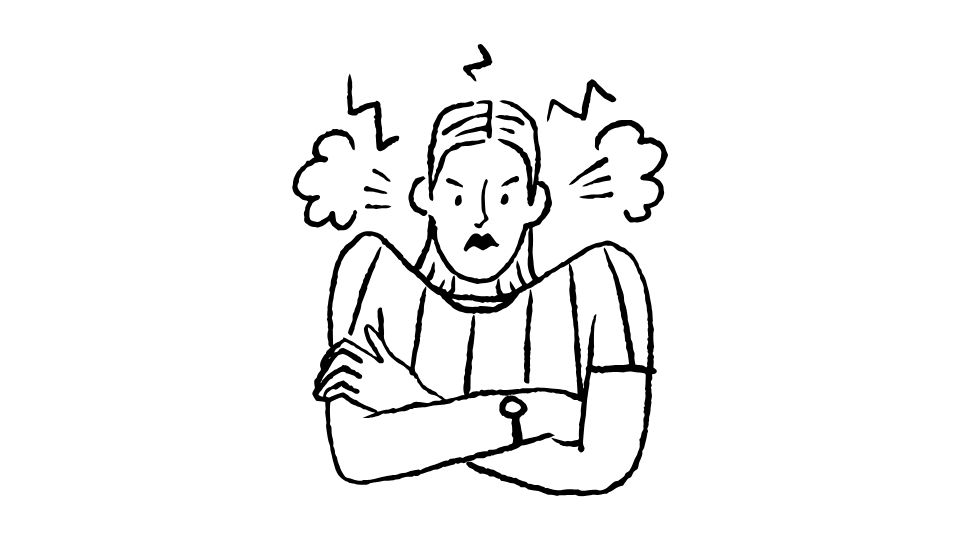
Burnout isn’t just being tired. It’s a state of complete emotional, physical, and mental exhaustion caused by prolonged stress.
According to recent research, a whopping 79% of employees report experiencing burnout at their current job. That’s insane! Most people are walking around completely depleted.
The scary part about burnout is how it can hit you like a truck. One day you’re fine (or so you think), and the next you’re sitting in your car wondering if you can face another day at the office.
Signs you might be experiencing burnout:
- You feel physically and emotionally drained after work
- You’ve become cynical or critical at work
- You’re irritable with coworkers
- You’re dragging yourself to work and having trouble getting started
- You feel like nothing you do makes a difference
If several of these sound familiar, you’re probably suffering from workplace burnout.
2. You’re overworked and undervalued
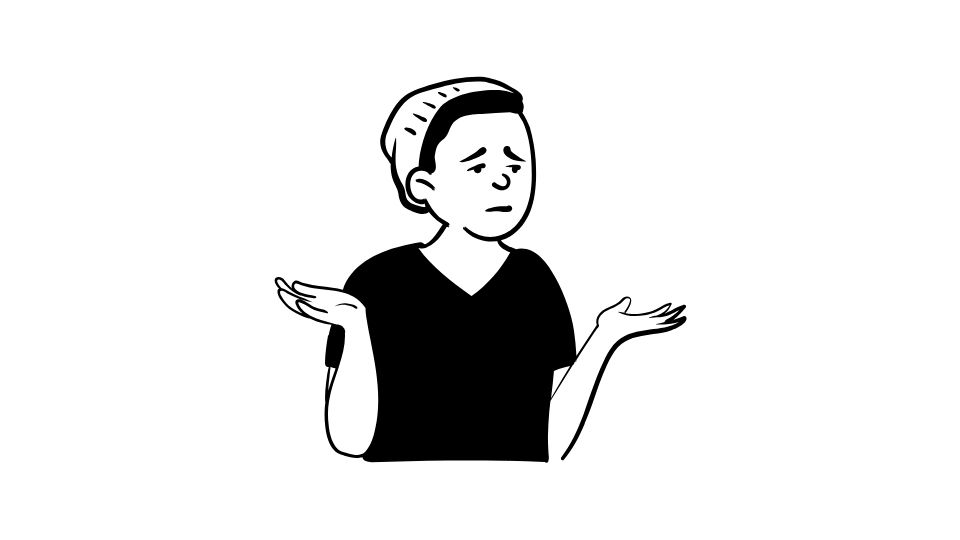
There’s nothing quite like busting your ass only to have your efforts go completely unnoticed.
Maybe you:
- Stayed late to finish that project
- Took on extra responsibilities
- Hit all your targets
- Solved problems nobody else could
And what did you get in return? Crickets. Or worse, more work dumped on your plate.
When the equation becomes “work harder → get less appreciation,” that’s a recipe for resentment.
The emotional math looks something like:
Effort put in – Recognition received = Your level of job resentment
The pandemic changed how we think about work. People realized life is short and started asking: “Is this grind really worth it?” When the answer is consistently “no,” hatred for your job can develop suddenly.
3. Job insecurity has you on edge
In today’s economy, job security feels like a relic of the past. Companies announce mass layoffs one day and post record profits the next.
This creates a workplace where you’re:
- Constantly anxious about losing your job
- Competing with coworkers rather than collaborating
- Working extra hours to “prove your worth”
- Afraid to take vacation or sick days
- Accepting poor treatment because “at least I have a job”
Research from McKinsey shows that job insecurity is one of the biggest contributors to workplace stress and dissatisfaction.
The kicker? When you feel this way, your performance actually suffers, creating a vicious cycle where you worry about job security, perform worse because of the anxiety, then worry even more.
4. You’re stuck in a dead-end role
Remember when you took this job? You probably had some vision of where it would lead you.
But now you’re asking yourself:
- “Will I be doing this exact same thing in 5 years?”
- “Is there any path forward here?”
- “Does anyone even care about my development?”
When you realize you’re in a role with no growth potential, the psychological impact can be immediate and severe.
This hits young workers particularly hard. A recent survey found that employees aged 18-24 report the lowest job satisfaction of any age group, often because they find themselves in jobs that don’t match their career goals or use their skills.
5. Your workplace culture is toxic
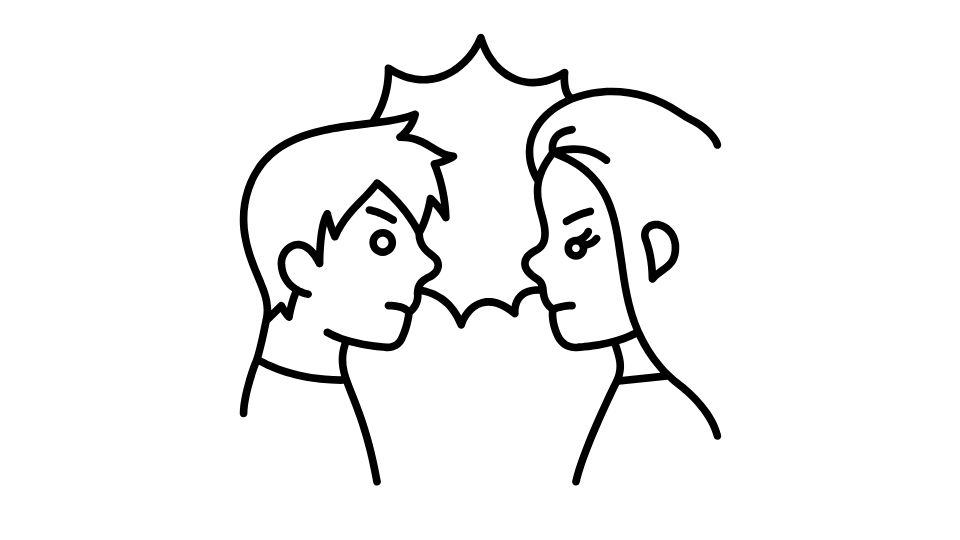
Toxic work environments can turn even the most positive person into a job-hater.
The toxicity might look like:
- Constant micromanagement
- Blame culture where mistakes are punished
- Office politics and favoritism
- Lack of transparency from leadership
- Bullying or harassment
- Little to no work-life boundaries
According to Harvard Business Review, psychological safety—feeling able to speak up, make mistakes, and be yourself without fear—is essential for workplace satisfaction. Without it, you’re constantly on edge, which rapidly drains your enthusiasm for your job.
6. The work no longer feels meaningful
Humans need purpose. When your work feels pointless or contradicts your values, it creates a deep sense of dissatisfaction.
Maybe your company:
- Changed its mission in a way you disagree with
- Prioritizes profits over everything else
- Makes products or provides services you no longer believe in
- Has you doing busywork that serves no clear purpose
Or maybe you’ve changed. What once seemed fulfilling now feels empty because your personal values have evolved.
Research by Gallup shows that employees who find meaning in their work are more than 3x as likely to stay with their organizations.
7. Your work-life balance is non-existent
In our always-connected world, work has a nasty habit of infiltrating every aspect of your life.
The signs:
- You check emails at dinner
- Your “quick work check” turns into hours on the weekend
- Vacation days are spent working remotely
- You dream about work (and not in a good way)
- Family and friends comment on how you’re “always working”
When work consumes everything, resentment builds fast. Your job becomes the villain that’s stealing your life.
What can you do about it?
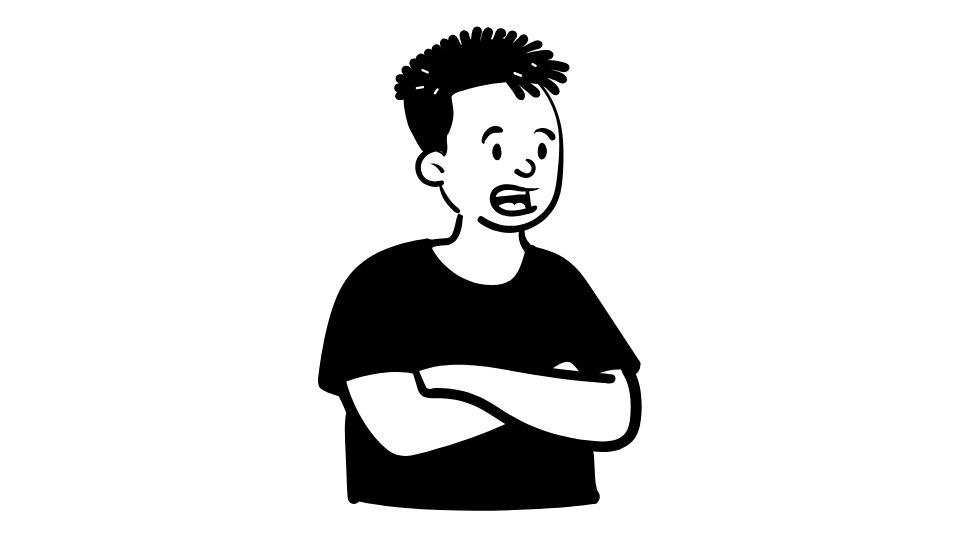
So you hate your job. Now what?
Identify the specific problem: Which of the above issues resonates most? Getting clear on the exact reason helps you find the right solution.
Set boundaries: Can you improve your situation by creating healthier limits? Maybe that means not checking email after 6pm or declining projects when you’re overloaded.
Have the conversation: Sometimes managers don’t realize there’s an issue until you speak up. A straightforward discussion about workload, growth opportunities, or recognition might help.
Make a change: If the environment is truly toxic or unchangeable, it might be time to plan your exit. Remember, the job market is always moving. Your skills might be valued much more elsewhere.
Take care of yourself: While you figure things out, double down on self-care. Exercise, sleep, social connections, and hobbies are all crucial buffers against work stress.
Suddenly hating your job is often your mind and body sending you an important message. Instead of ignoring it, listen to what it’s telling you about your needs, values, and wellbeing.
Life’s too short to spend it doing work you hate. Sometimes the best thing you can do is recognize when a job is no longer serving you and make a change.

